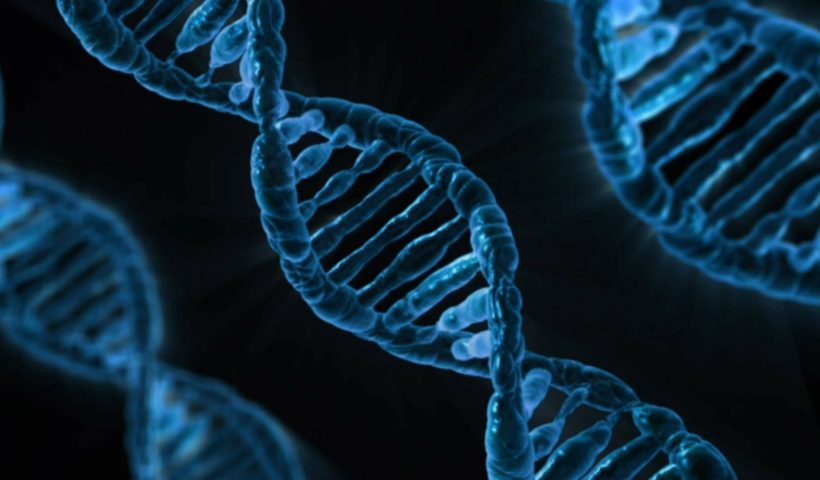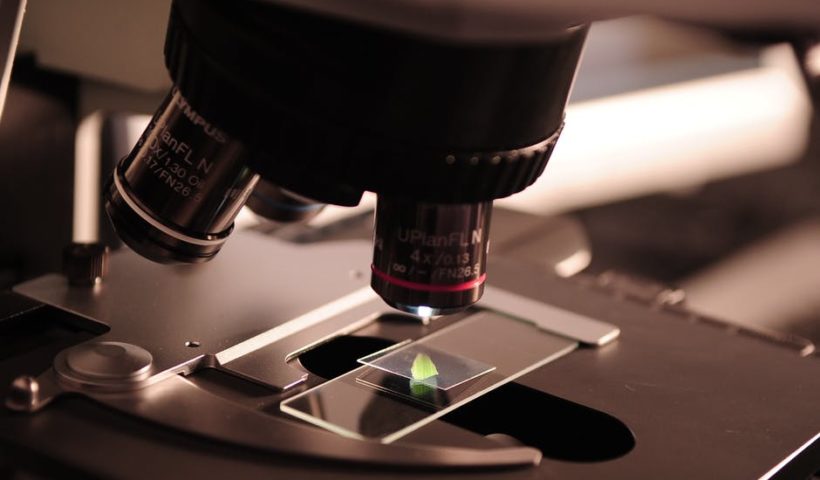Colossal is a company committed to de-extinction. Its main mission is to bring back the woolly mammoth. This mission may help conserve critically endangered Asian elephants and mitigate the impacts of global warming. However, it also raises ethical concerns regarding the livelihood of wildlife that currently reside in the mammoth’s habitat.
View More De-extinction: Does the End Justify the Means?Tag: Gene Editing
Curing the Human Condition: The Ethics of Editing Our Own DNA
Thirty-two million Americans currently have health conditions linked to genetic defects, nearly all of which can be corrected by genetic editing with CRISPR-Cas9 technology. Opponents of gene editing abound, from those who point to their potential role in increasing the privilege gap between the rich and poor, to people who object morally to the idea of humans meddling with their own DNA, to pharmaceutical companies whose profits would be threatened by a reduced need for medication. However, after analysis of the ethicality of genetic editing technology with the frameworks of common good, utilitarianism, and fairness, it is evident that the eventual species-scale benefits that will be brought about by the technology outweigh its risks and flaws.
View More Curing the Human Condition: The Ethics of Editing Our Own DNAOversight Over Environmental Gene Editing
11/9/2018 Profiled article K. Dennehy, “Editing nature: A call for careful oversight of environmental gene editing: Interdisciplinary team urges creation of coordinating global body.”, sciencedaily.com,…
View More Oversight Over Environmental Gene Editing


